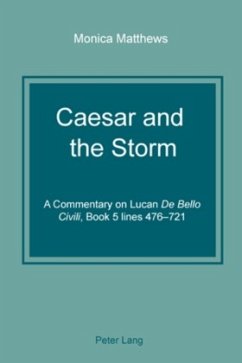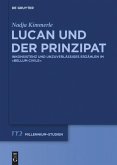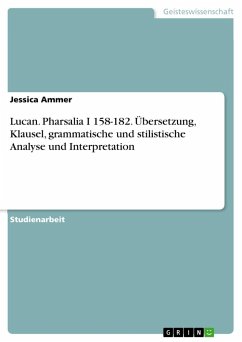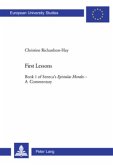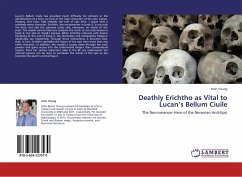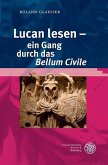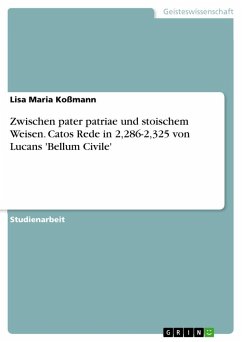This commentary on a part of book 5 of Lucan's 'historical epic' poem De Bello Civili aims to provide the reader with as thorough an analysis as possible of literary and historical points of interest within the text and so to facilitate a fuller understanding and appreciation of one of the most important episodes in the poem, Julius Caesar's failed attempt to cross the Adriatic in the midst of a great storm.
It examines how the episode contributes to the long tradition of epic storm narratives dating back to Homer and also how it contributes to the wider themes of the poem as a whole, in particular to Lucan's portrayal of Caesar.
A line-by-line commentary is combined with longer notes summarizing issues of particular importance. Such issues include: the influence of Roman love-poetry in the depiction of the relationship between Caesar and his men, Lucan's use of Virgil's Nisus and Euryalus episode, and the tradition of theoxeny narratives lying behind the scene at the home of the fisherman Amyclas which allows us to view Caesar as 'playing the part' of a traditional god or hero.
Throughout, Lucan's engagement with the works of Homer, Virgil (particularly the Aeneid but also the Georgics), Ovid and Seneca, and the ways in which the lack of a traditional divine machinery in his poem is compensated for are considered.
It examines how the episode contributes to the long tradition of epic storm narratives dating back to Homer and also how it contributes to the wider themes of the poem as a whole, in particular to Lucan's portrayal of Caesar.
A line-by-line commentary is combined with longer notes summarizing issues of particular importance. Such issues include: the influence of Roman love-poetry in the depiction of the relationship between Caesar and his men, Lucan's use of Virgil's Nisus and Euryalus episode, and the tradition of theoxeny narratives lying behind the scene at the home of the fisherman Amyclas which allows us to view Caesar as 'playing the part' of a traditional god or hero.
Throughout, Lucan's engagement with the works of Homer, Virgil (particularly the Aeneid but also the Georgics), Ovid and Seneca, and the ways in which the lack of a traditional divine machinery in his poem is compensated for are considered.

